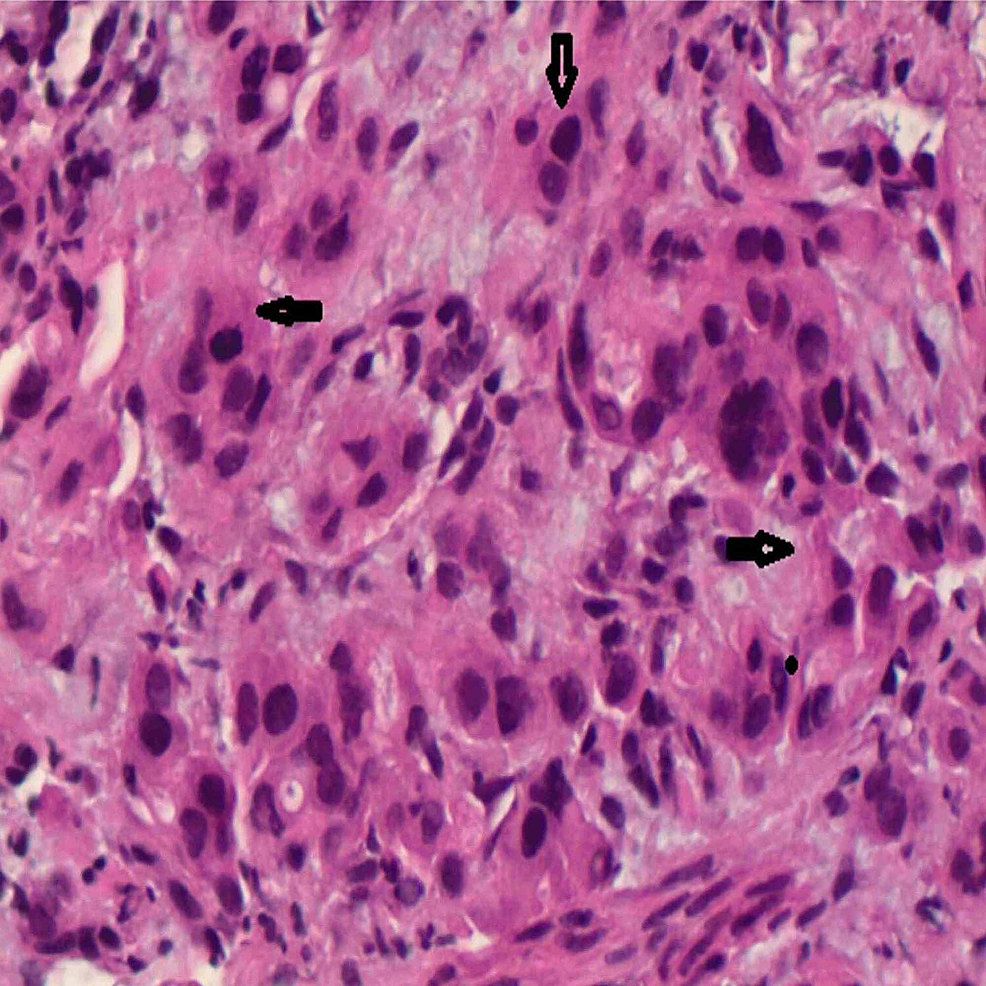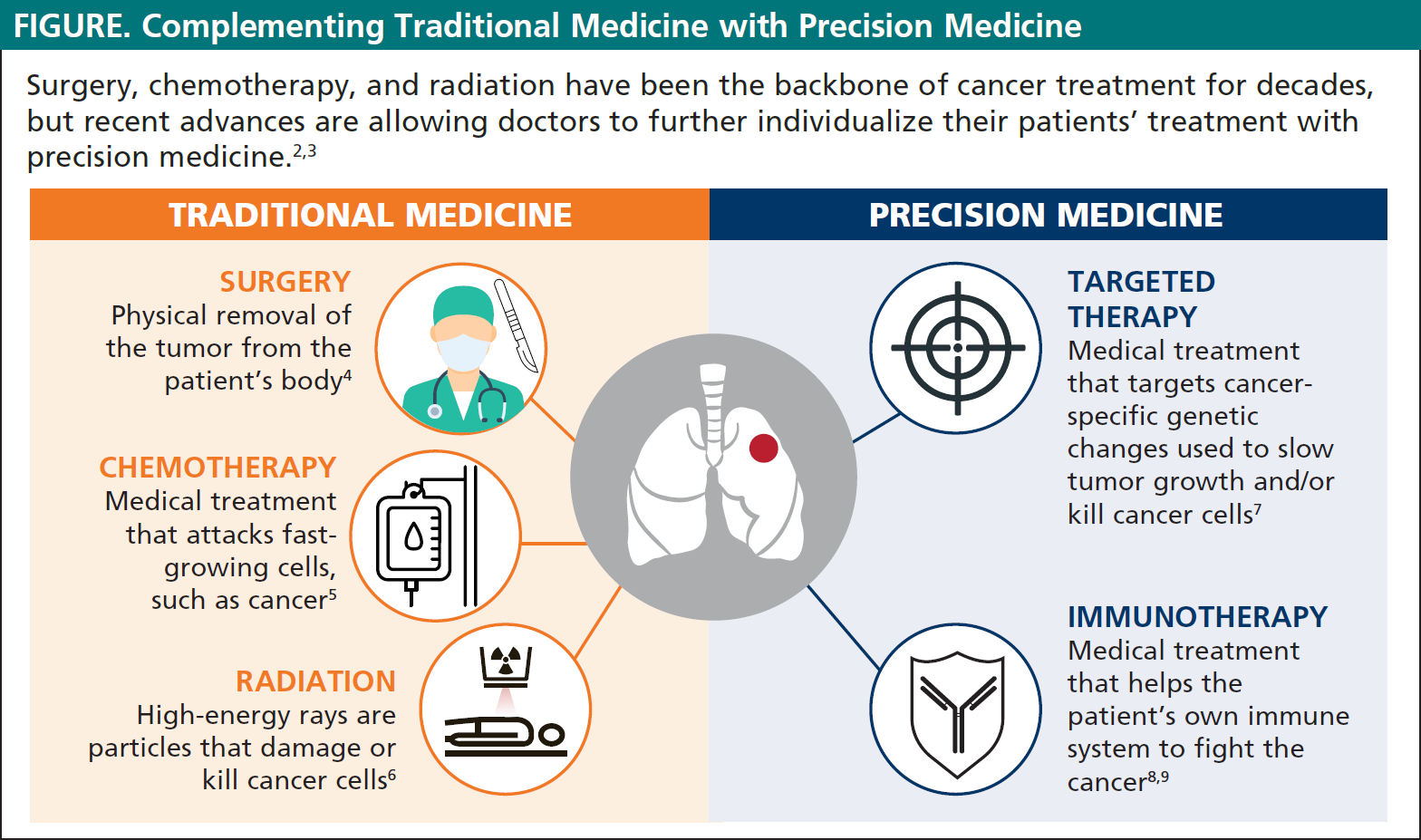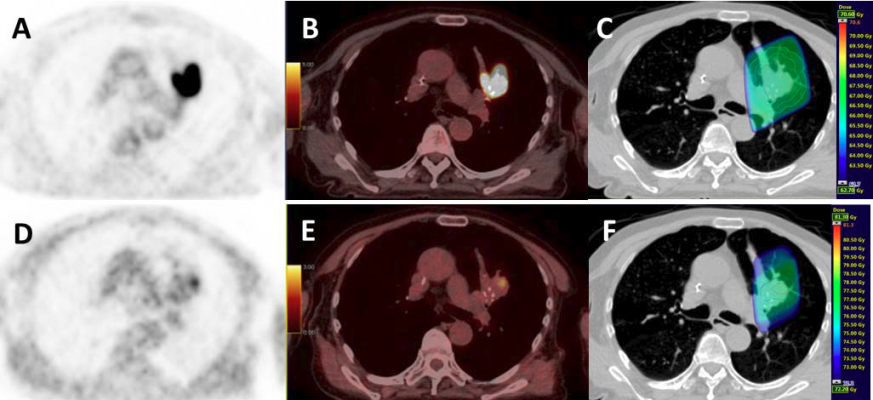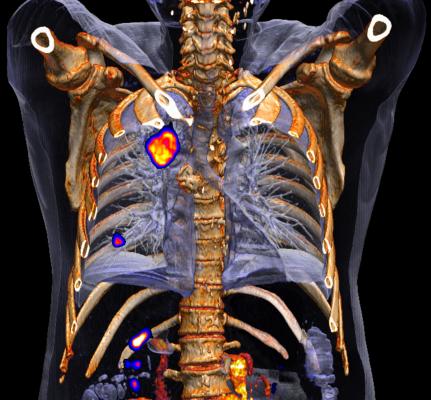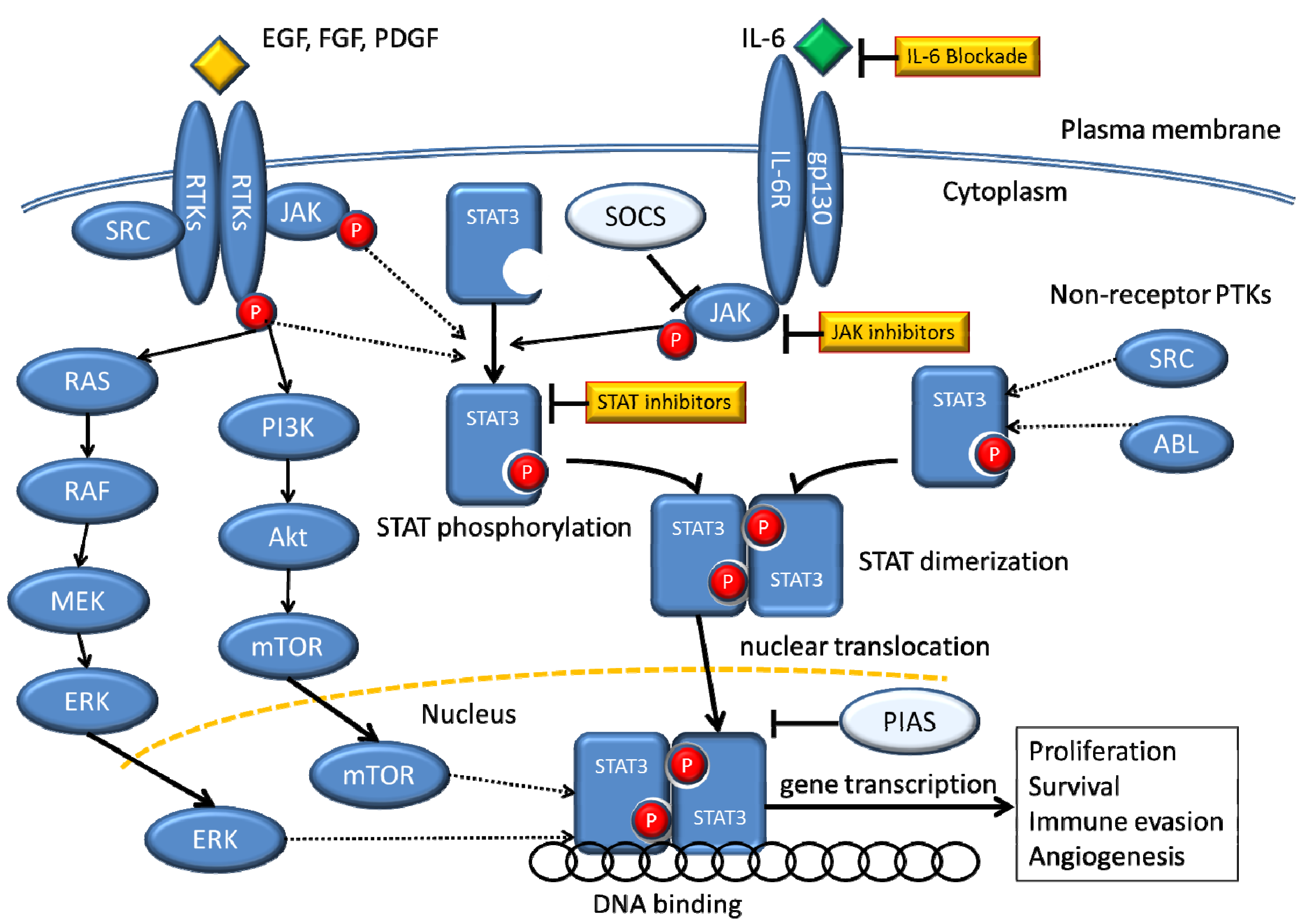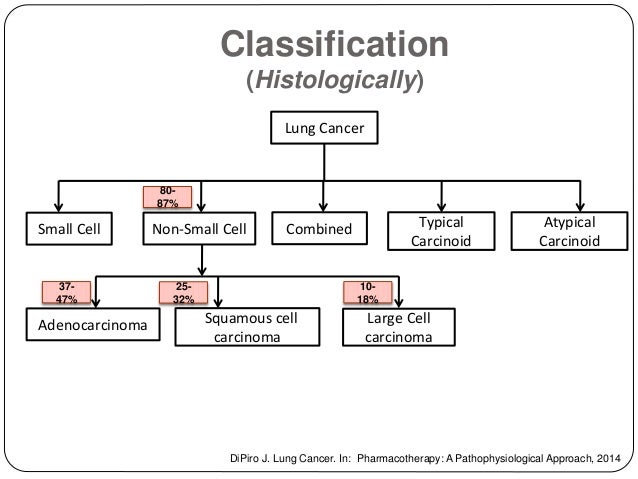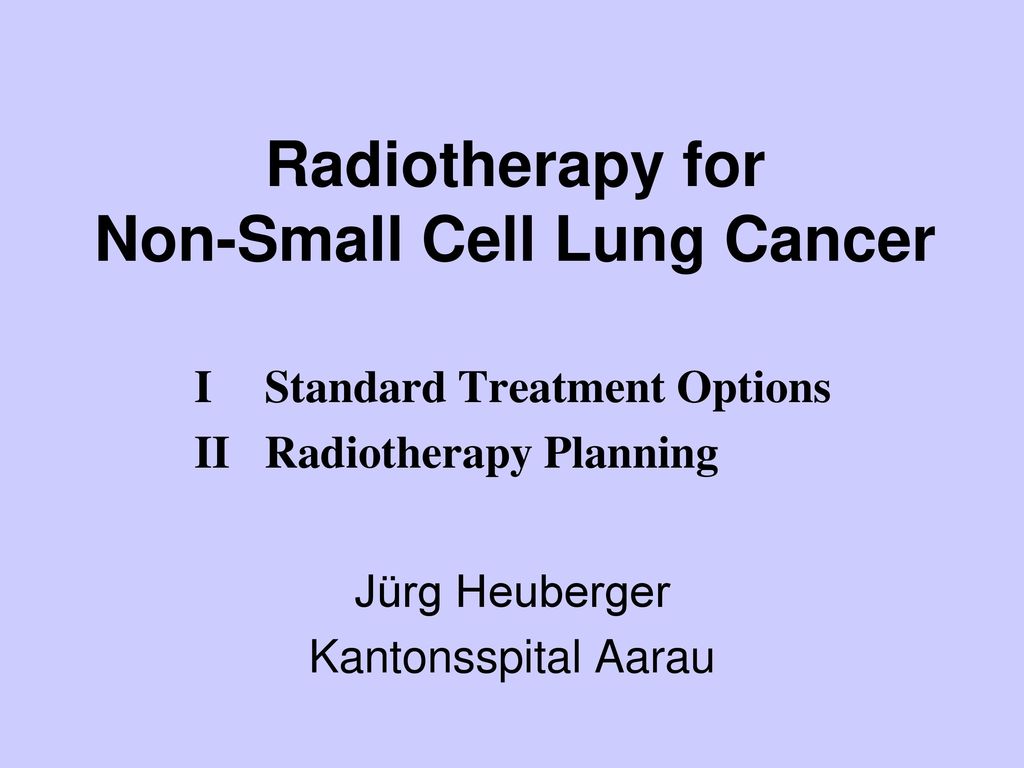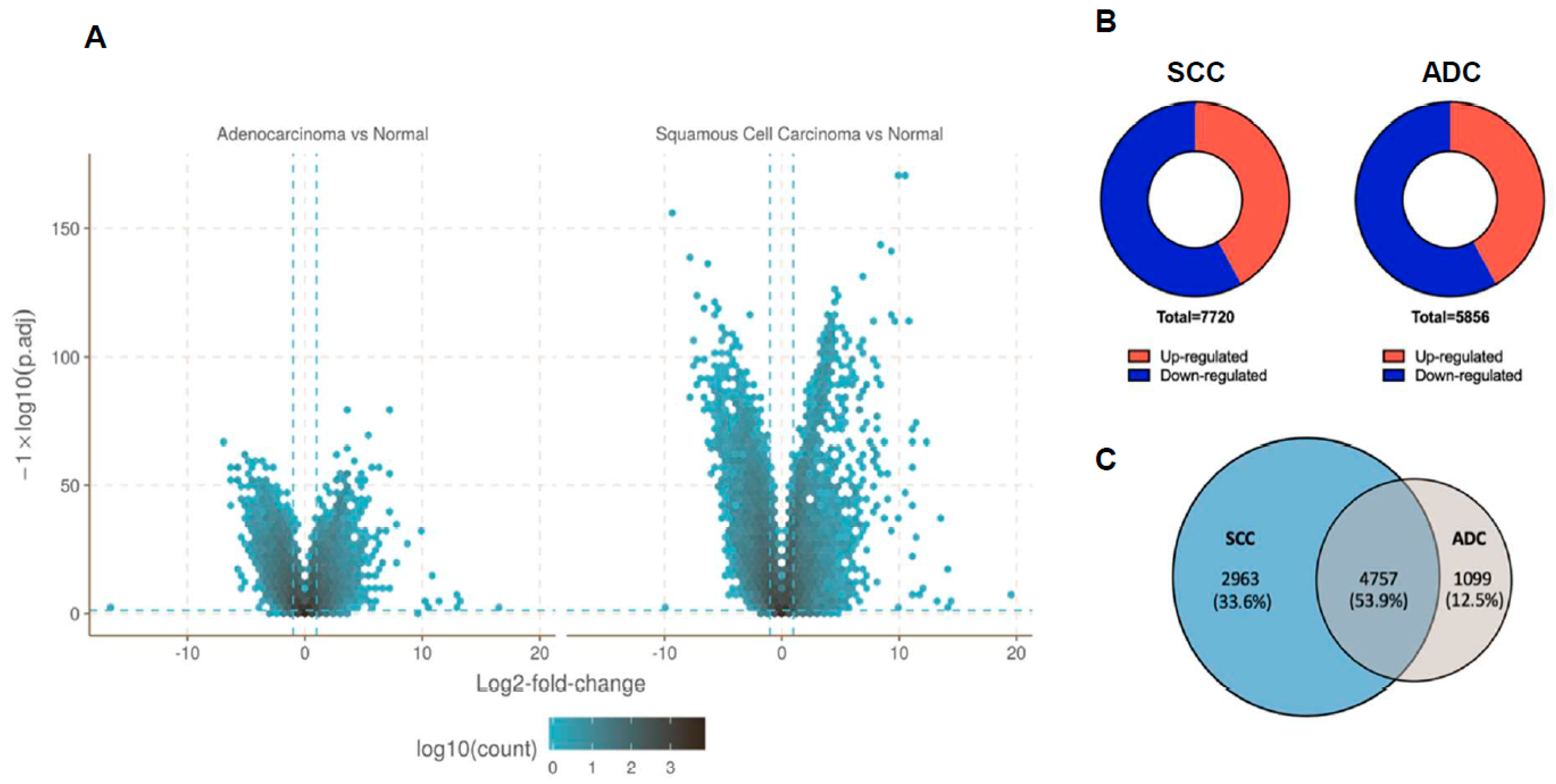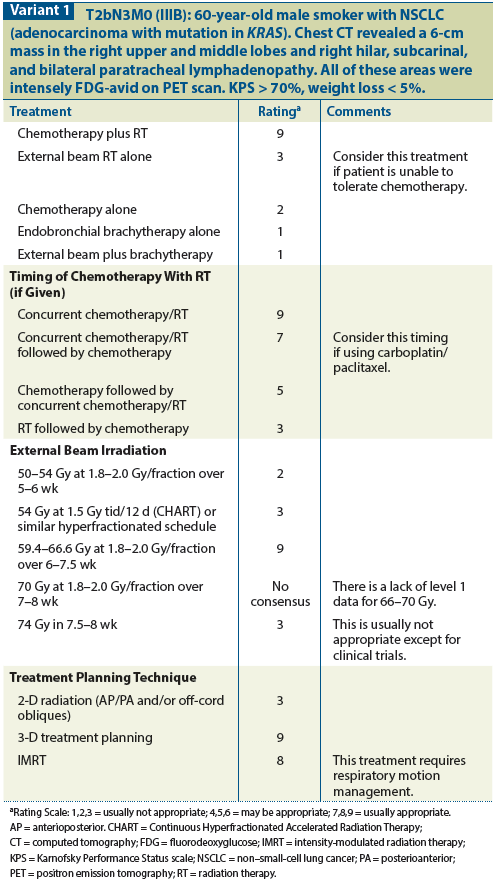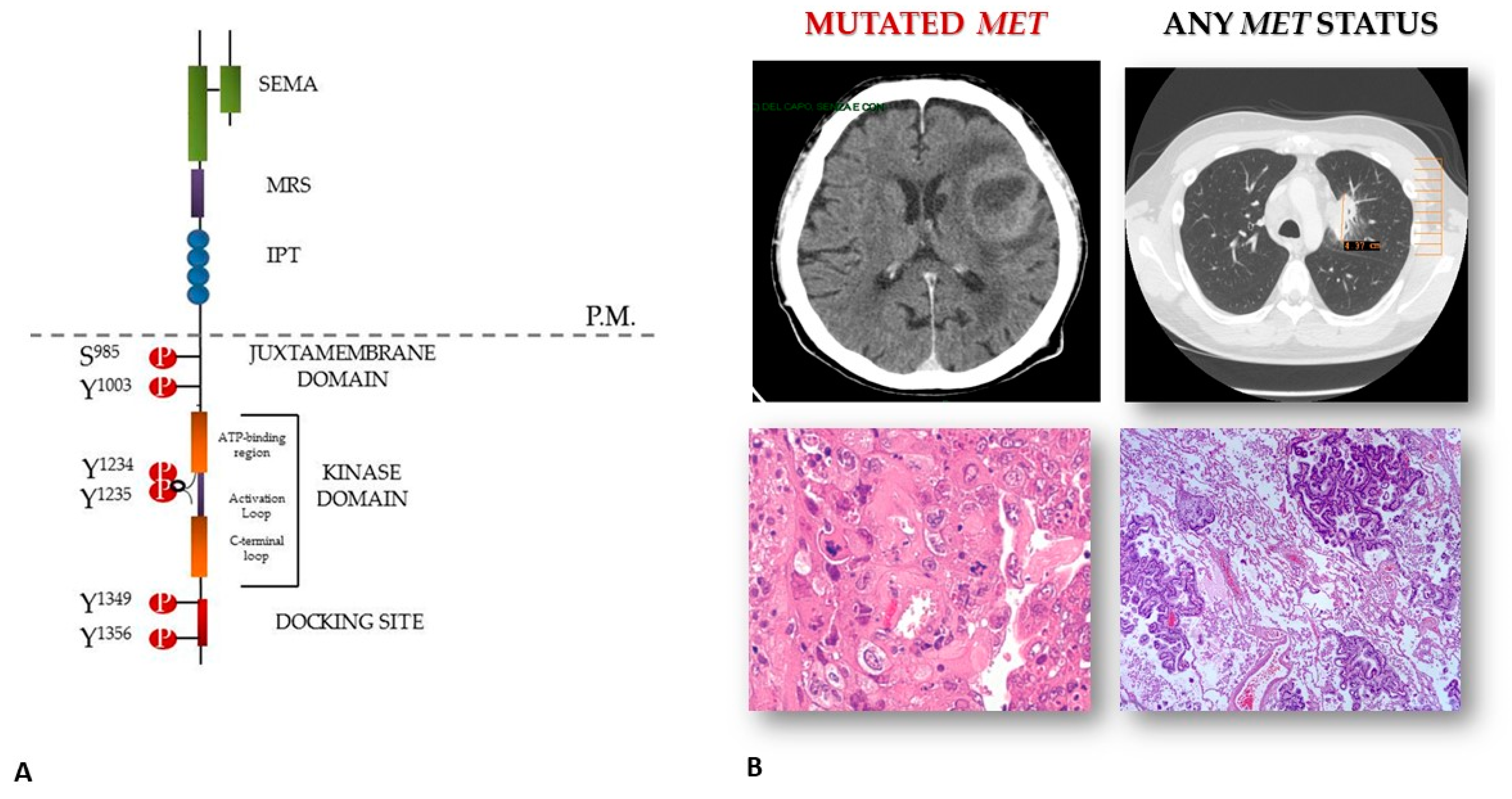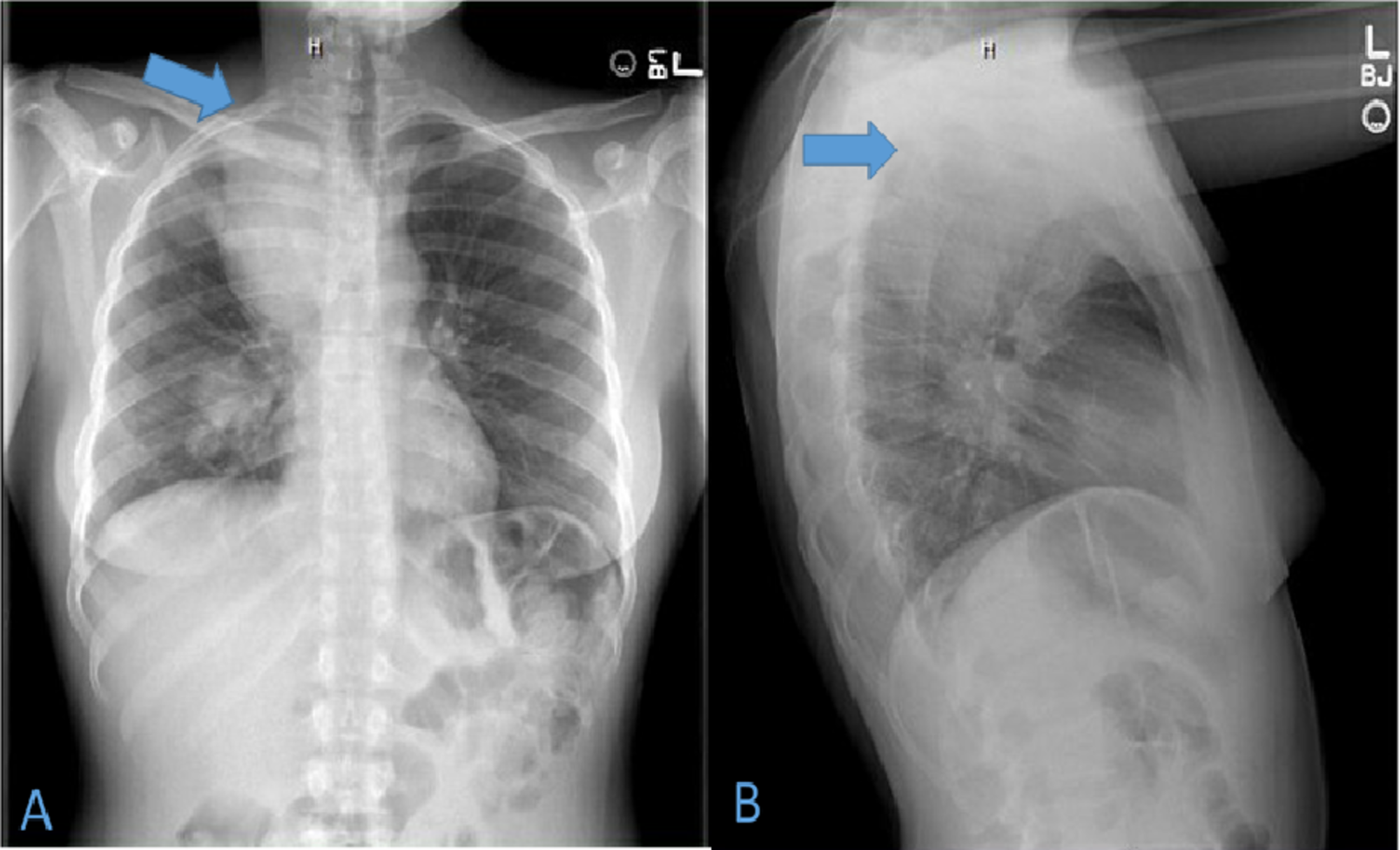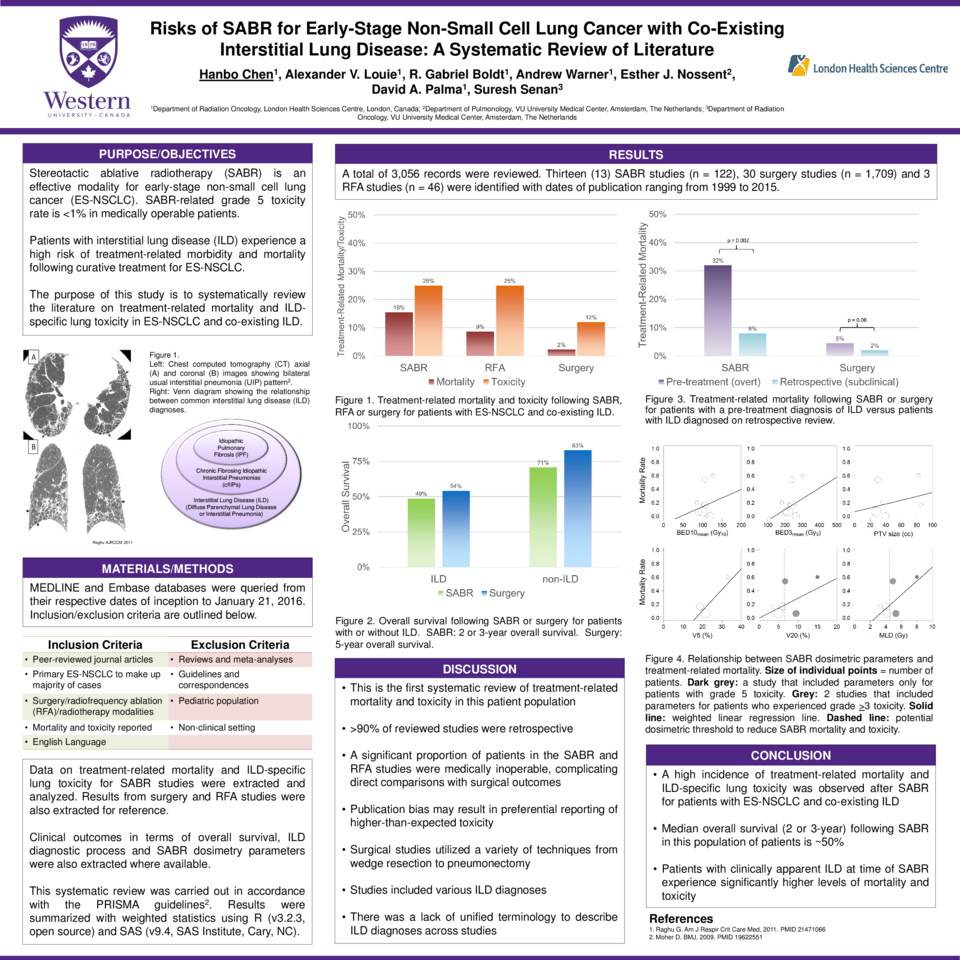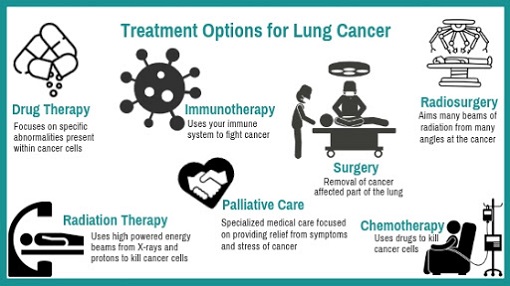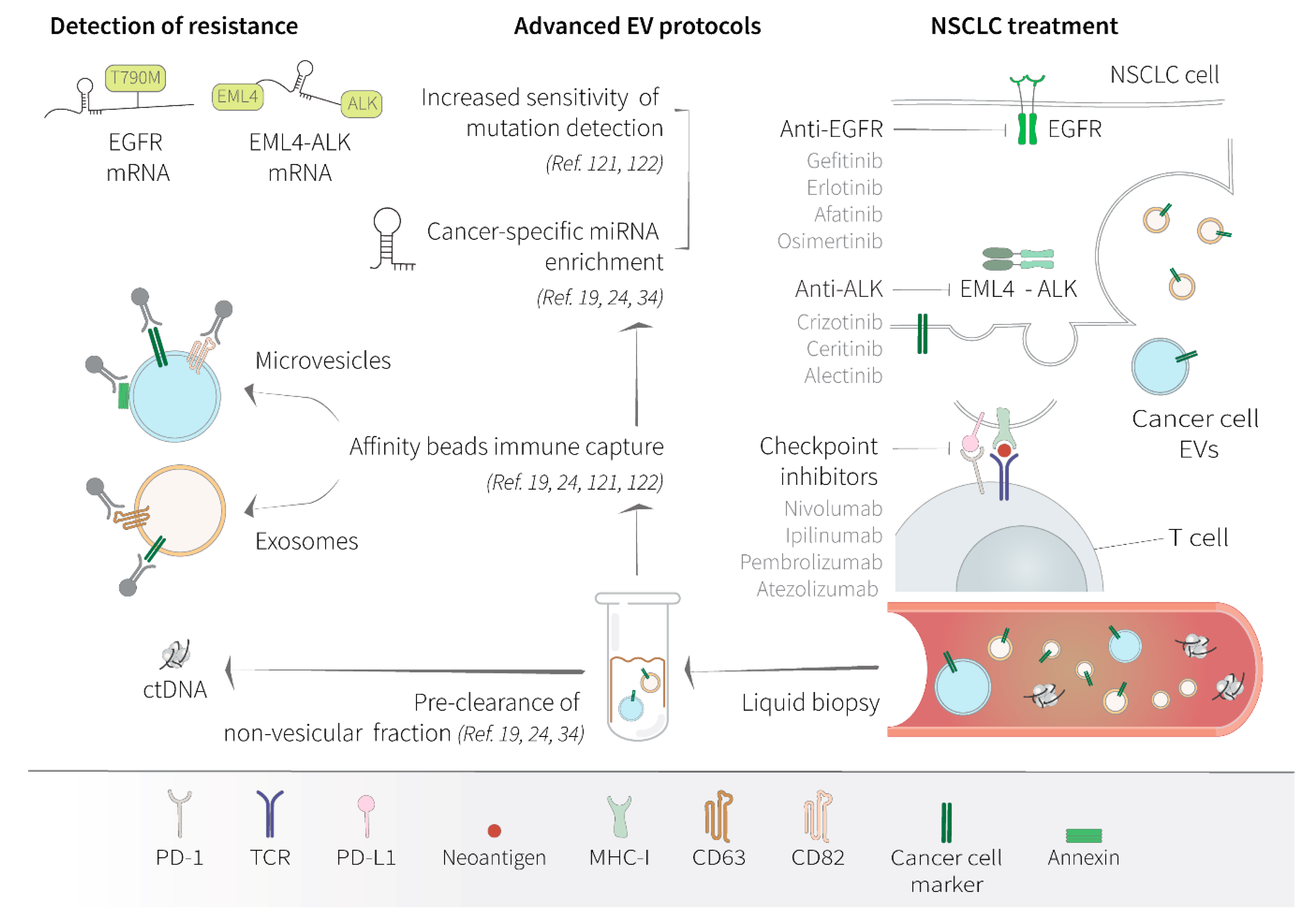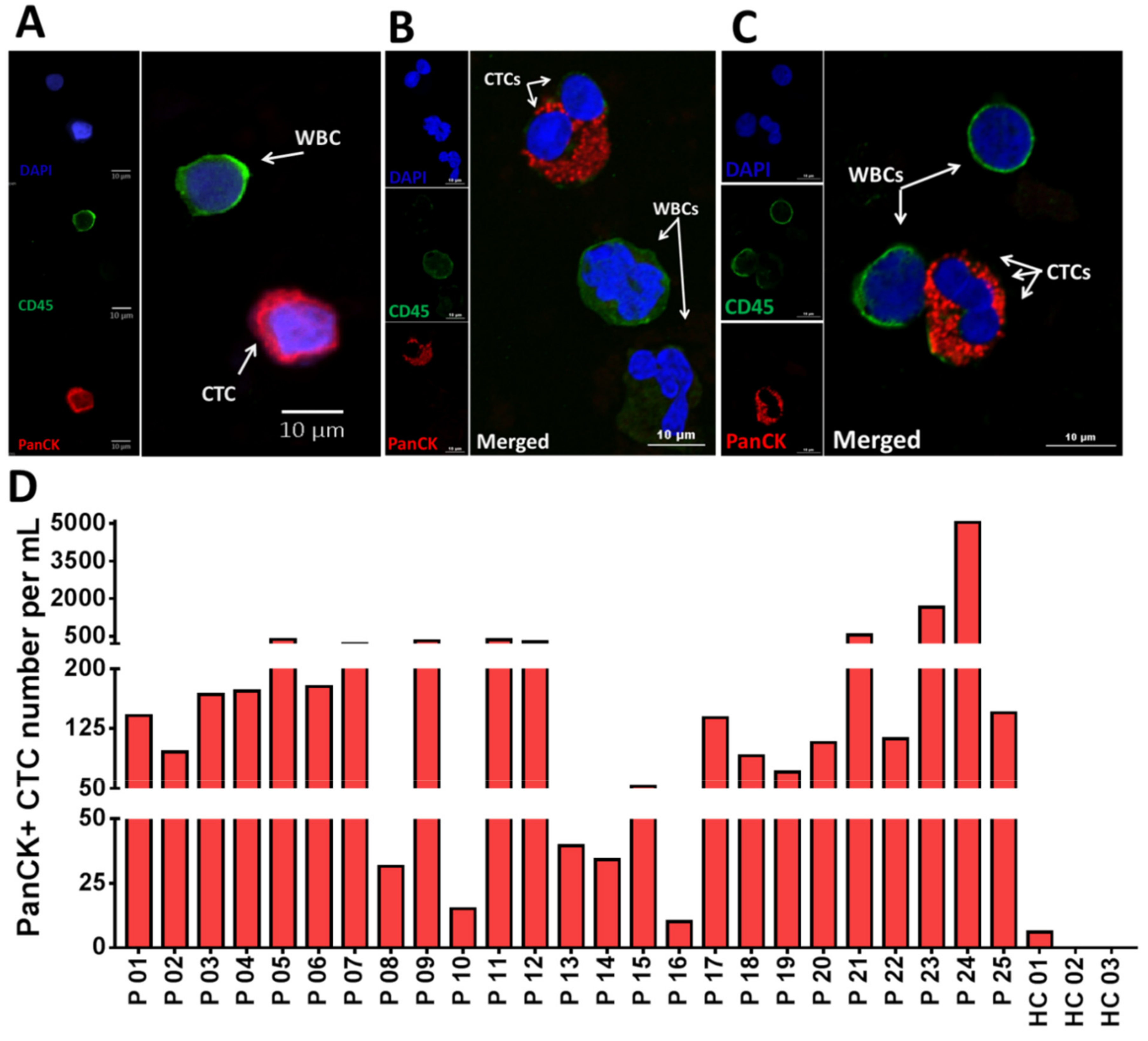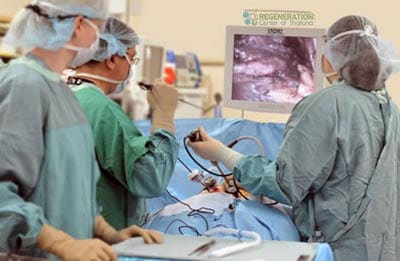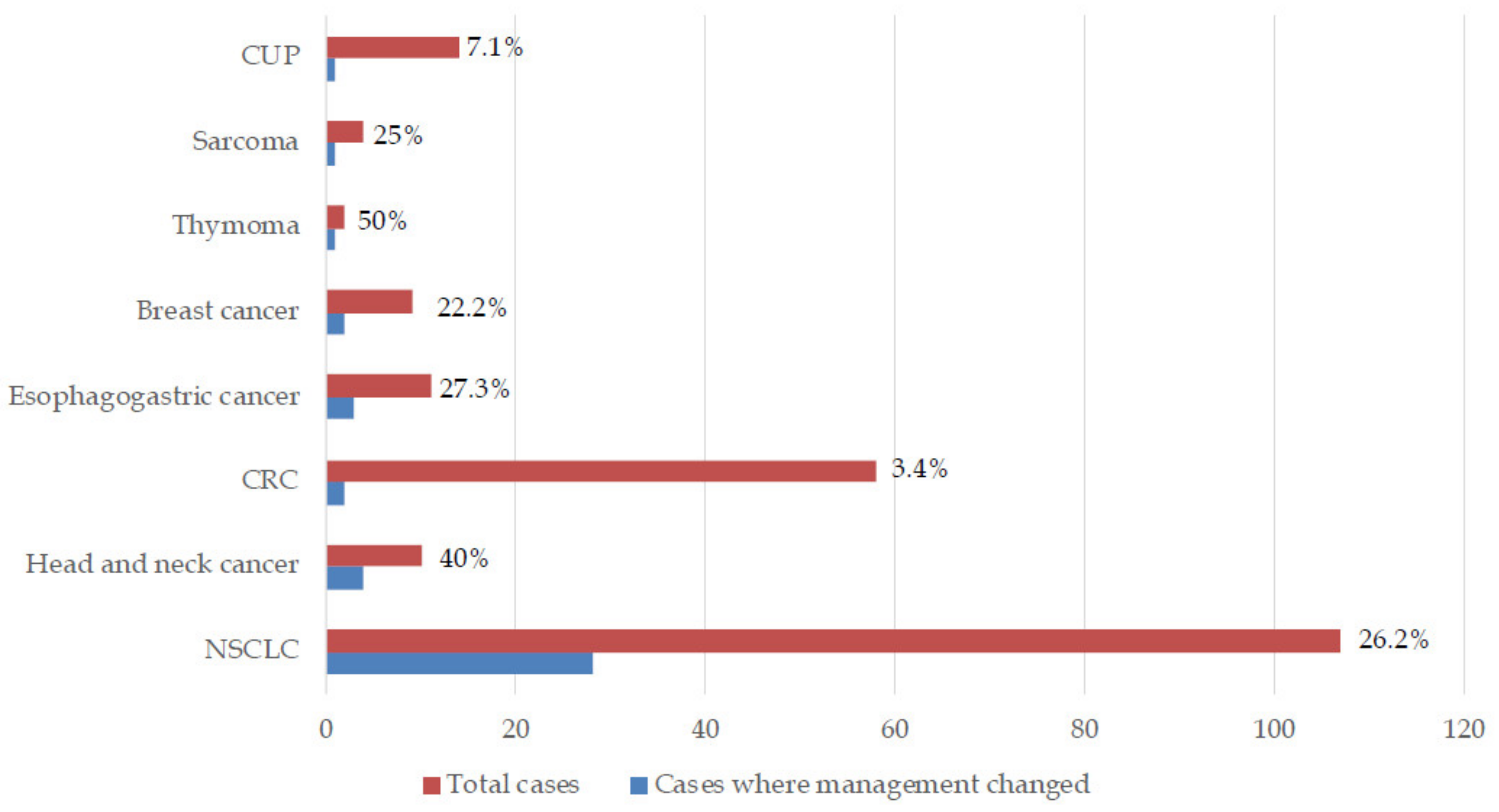Lung cancer usually begins in the cells lining the bronchi and often grows for a long time without producing symptoms.
Proton beam therapy for non small cell lung cancer.
Lung cancer today remains one of the leading causes of cancer related mortality worldwide with an estimated 222 500 new cases and 155 870 deaths expected in the united states in 2017 non small cell lung cancer nsclc is the most common histological subtype of lung cancer accounting for roughly 85 of all lung cancers radiation therapy is commonly utilized as part of a.
Bush conducted several clinical studies and followed patients for periods as long as twelve years.
An in silico comparison of proton beam and imrt for postoperative radiotherapy in completely resected stage iiia non small cell lung cancer.
Results showed that proton treatment was safe and effective for treating early non small cell cancers in either the central parts of the lung or on.
Slater md proton treatment and research center began using proton therapy for lung cancer in the mid 1990s teams led by dr.
Physicians at the md anderson proton therapy center are world leaders in the research and treatment of lung cancer and pioneers in developing proton therapy for the benefit of lung cancer patients.
Non small cell lung cancer nsclc accounts for 85 of new lung cancer cases and has 5 year survival rates ranging from 92 in early stage disease to as low as 13 in locally advanced cases.
The challenges of lung cancer treatment.
Proton beam radiotherapy and concurrent chemotherapy for unresectable stage iii non small cell lung cancer final results of a phase 2 study.
The five year survival rate is just 15 percent among those diagnosed with the disease.
Targets lung cancer with precise effective doses of radiation for successful outcomes in lung cancer treatment.
Proton therapy for lung cancer treatment.
